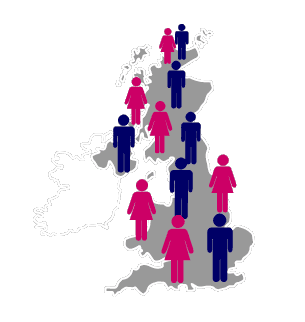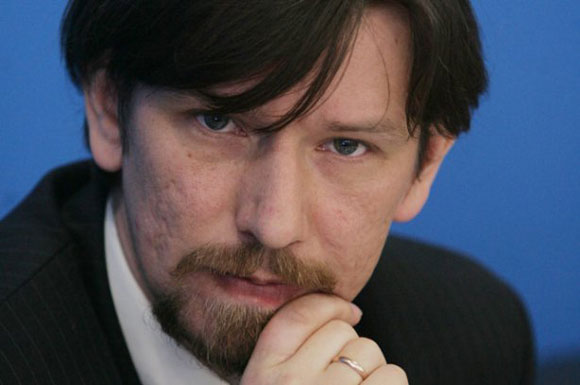
29.11.13, Ukraine
Some days ago hearings on “Regulatory control on external labour migration in context of European integration” were conducted in the Committee of Verkhovna Rada on European integration. Grygoriy Seleshchuk, Director of Migration Service of Caritas Ukraine, joined these hearings.
For more than 10 years Caritas Ukraine has been implementing projects of assistance on repatriation and reintegration of Ukrainian labour migrants, there is a network of consultation centers on countering human trafficking and rendering help to its victims. Moreover, recently 3-year-project on care of migrants’ children was finished; studies of migration processes are being carried; legislative changes aimed to protect rights and interests of Ukrainian migrants are being lobbied. Caritas Ukraine actually takes a leading position in providing complex and qualified assistance for Ukrainian labour migrants.
According to experts of World Bank Ukraine belongs to the quinary of countries that are the main donors of migrants in the world. Official statistical indicators fluctuate from 3 to 4,5 million Ukrainian labour migrants, unofficial data points at 15 millions of labour migrants from the country. Migration became a generally accepted reality; everyone knows about it and widely discusses it, though it is not an issue that gets decent attention. 65-70% of migrants, especially in Western Ukraine, – are women and this fact amplifies the negative consequences of migration: weakening of family ties, worsening of demographic situation, changing of gender roles in fam ilies and society. Children suffer greatly from migration of their parents: it is difficult for them to cope with forced separation, lack of adequate bringing up and care.
ilies and society. Children suffer greatly from migration of their parents: it is difficult for them to cope with forced separation, lack of adequate bringing up and care.
Participants of the meeting in Kyiv discussed results of parliamentary hearings “Ukrainian labour migration: its state, problems and way to solve them”, considered perspectives on passing the draft legislation “On external labour migration” and main problematic issues in labour migration that require regulatory management.
The hearings involved representatives of Ministry of Social Policy of Ukraine, Ministry of Revenue and Duties of Ukraine, deputies, scientists, members of clergy, leaders of civic unions of Ukrainians abroad. Some time earlier Caritas Ukraine initiated national discussion and process of creating mechanisms for implementation of electoral rights of Ukrainian citizens abroad.
Grygoriy Seleshchuk retells: “Discussion on ways to provide favorable conditions for back migration and reintegration of labour migrants in the Ukrainian society was incredibly interesting and useful at this meeting. It is worth mentioning that at the moment such services for migrants are rendered by Caritas Ukraine and by means of such work hundreds of labour migrants returned to the motherland and restored family relationships, became sel f-actualized. The same if we speak about care of labour migrants children, for the last 3 years we assisted to nearly 1500 needful children.
f-actualized. The same if we speak about care of labour migrants children, for the last 3 years we assisted to nearly 1500 needful children.
Also, in my opinion, it is interesting to work with diplomatic and consular establishments on securing rights and interests of labour migrants abroad. Notably Caritas with its international structure (note – Caritas Internationalis – global confederation of 165 organizations who work in nearly 200 countries) gathered support and cooperation with such establishments. Therefore, we are those who have to form regulatory control on external labour migration in context of European integration?”
You can read more about law of Ukraine on “External labour migration” here (only in Ukrainian).
Tags:

